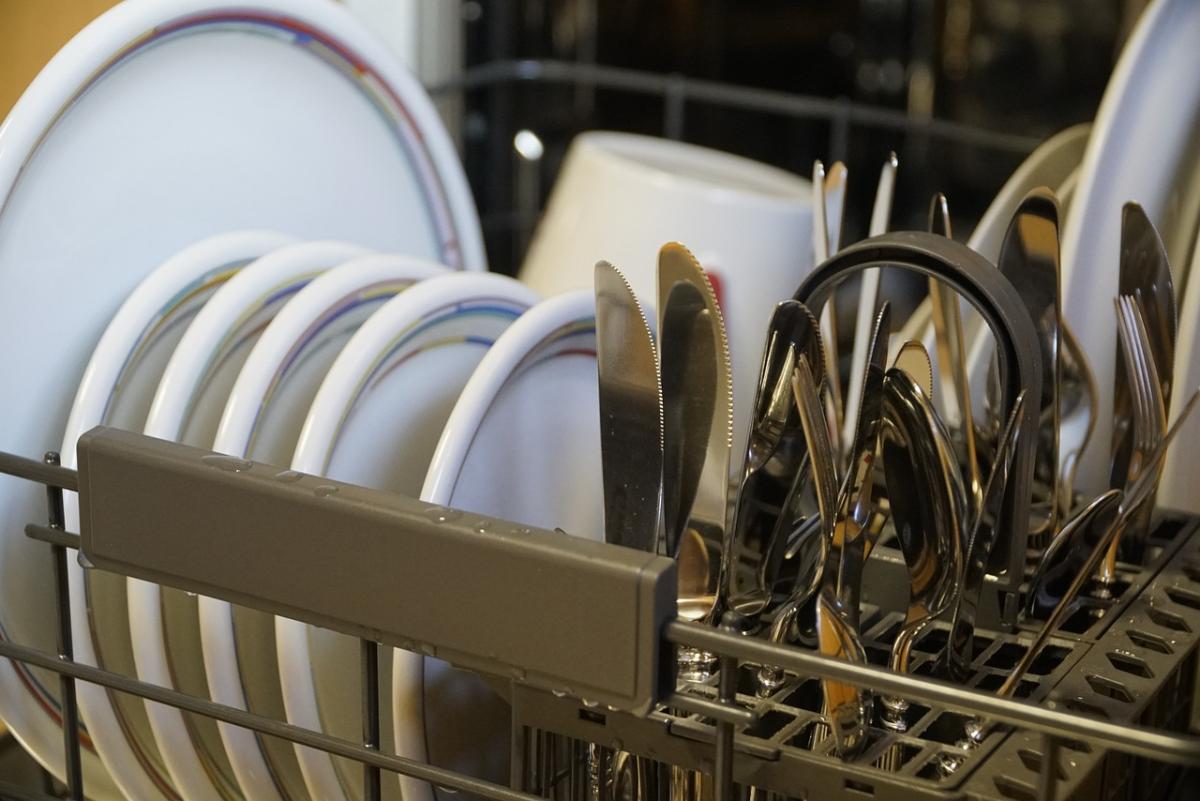Rinsing your dishes before tossing them in the dishwasher can be a game changer for time and energy savings. You might think it’s just an extra step, but hear me out—it can seriously speed up the whole washing process. When you rinse off those big bits of food right away, your dishwasher doesn't have to work as hard to clean them. This means less wear and tear on your machine and, ultimately, more savings on your energy bill.
Plus, if you often find yourself running the dishwasher multiple times because things didn’t come out clean, rinsing beforehand can help. It cuts down on that pesky pre-cleaning cycle. You can load it up, hit start, and relax, knowing that everything's going to come out sparkling.
From an environmental standpoint, using less water and energy is always a win. And let’s be real, who doesn’t want to save some cash while making life a little easier? Just a quick rinse can go a long way in keeping your dishwasher efficient and your dishes shining.
Don’t forget—the type of food matters too. Stuff like tomato sauce or cheese can stick like glue. A quick rinse makes sure those stubborn bits don’t end up on your clean dishes after a cycle. So, if you want to keep your dishwasher in tip-top shape and your dishes gleaming, a little rinse is totally worth it!
The Science Behind Rinsing Dishes
Rinsing dishes before popping them into the dishwasher has been a hot topic in many kitchens. Some swear by it while others say it’s a total waste of time. So, what’s the real deal with rinsing? Let’s break it down.
Dirt and food particles can mess with your dishwasher’s cleaning ability. When the machine runs, it relies on hot water, detergent, and proper water flow to get dishes sparkling clean. If there are too many bits of leftover food, it can block the spray arms or clog filters. This means your dishes might not come out as clean as you'd expect.
Another thing to consider is how modern dishwashers work. Many come with powerful jets and sensors that know when your dishes are dirty. They adjust the cycle based on how soiled the load is. So, rinsing may help, but if your dishwasher is up-to-date, it can handle the grime without pre-rinsing.
If you do choose to rinse, a quick rinse is all you need. You don’t have to get things spotless before loading up. Just removing the big chunks can boost your dishwasher's performance. And remember, save that water! You don’t want to rinse for minutes when a simple shake will do.
When to Rinse and When to Skip
Wondering whether to rinse your dishes before tossing them in the dishwasher? You’re not alone! It can be a bit confusing with all the advice floating around. Let’s break it down.
If your dishes are super gunky, like plates with dried-on sauce or greasy pans, give them a quick rinse. Rinsing helps the dishwasher do its job more efficiently, so you don’t end up with leftover food particles stuck on your plates. It saves you from having to wash them by hand later!
On the flip side, if your dishes are just lightly soiled, you can skip the rinse. Most modern dishwashers are designed to handle a bit of leftover food. Just load them up and let the machine take care of it. It’s a time-saver and it helps your dishwasher work its magic!
A quick tip: avoid rinsing with soap! Just a simple rinse with water is great. Soap can interfere with the dishwasher’s detergent, making it less effective. So stick to water and watch your dishwasher shine!
Tips for Efficient Dishwashing Practices
When it comes to dishwashing, efficiency is key. If you're wondering whether to rinse your dishes before tossing them in the dishwasher, here are some tips to make the process smoother and save time.
First off, don't stress too much about rinsing dishes. Most modern dishwashers are designed to handle food residues without any pre-rinsing. Just scrape off big chunks of food and load them in. This saves water and effort. If you do rinse, keep it quick—just a light wash to remove the really stubborn stuff.
It’s also helpful to load your dishwasher properly. Place larger items on the bottom rack and smaller, delicate ones on top. This setup not only helps them get clean but makes the most of the dishwasher's space. Remember to leave some gaps for water to circulate!
Using the right detergent makes a world of difference. Go for a good-quality dishwasher detergent that fits your machine’s needs. Sometimes, you might want to try out different brands to see which one makes your dishes sparkle the best.
Finally, keep your dishwasher in tip-top shape. Regularly check the filter and clear any debris. This helps your appliance work efficiently and extends its life. A little maintenance goes a long way, ensuring your dishes come out clean and shiny every time.


